Which digital tools and platforms can be used by artists and cultural practitioners for project management, communication and reaching an audience? How can communities and networks be created and grow online, when the individuals are located in different places? How can the strategies of activist groups help artists and art practitioners to operate in difficult political circumstances?
The project Pause / Play: Culture Under Pressure aims to integrate and support cultural professionals who recently had to relocate to Germany, Poland and Georgia due to the Russian invasion of Ukraine and political repressions in Belarus. Today we are talking with the organizers of the initiative, Alexandra Goloborodko (Kulturschafft e. V., Berlin), Maria Tanina and Giorgi Rodionov (Untitled Gallery, Tbilisi), to find out all the details and the first results.
The project Pause / Play: Culture Under Pressure aims to integrate and support cultural professionals who recently had to relocate to Germany, Poland and Georgia due to the Russian invasion of Ukraine and political repressions in Belarus. Today we are talking with the organizers of the initiative, Alexandra Goloborodko (Kulturschafft e. V., Berlin), Maria Tanina and Giorgi Rodionov (Untitled Gallery, Tbilisi), to find out all the details and the first results.
Curator of the international cultural projects
Founder of the cultural association Kulturschafft e.V.
Project developer and curator of Pause/ Play: Culture under Pressure project.
Founder of the cultural association Kulturschafft e.V.
Project developer and curator of Pause/ Play: Culture under Pressure project.
- How did the idea for the initiative come about?
A.G. - Me and Maria Tanina met in Tbilisi in 2021 during my job shadowing trip in frame of a Project The School of Creative Protest, that is how our cooperation with Untitled Tbilisi also began. We exchanged on a current situation in Belarus and thought about the project which can support cultural workers and artists in the situation of political pressure and forced exile. Digital space and digital technologies seemed to be an appropriated methodology for the project, as we aimed to - on one side make it possible to disconnect from the physical space (homeland, which became impossible for work) and on the other side to connect with other places over the world and to make the professional work of expelled artists possible on the international level. Also the development of the cultural sector under conditions of Covid and its digital empowerment and improvement made us think in this direction. The limitation for the artistic sector of course coased existential problems for many artists, but at the same time stimulated appearness of the new experimental formats and approaches for artistic production
M.T. - Because of the difficult political situation in Belarus after the illegitimate elections of 2020 and a large number of repressions against artists, the first wave of emigrants intensified and many artists could not safely continue their activities.
It became impossible to work offline. The cultural sector is the most vulnerable group, which is especially difficult to survive in such difficult times.
It was already clear to me at the time that the situation would worsen in other countries of the Eastern European region.
The problems with freedom of speech and human rights were only getting worse. And eventually it turned into a worst-case scenario: a full-scale war in Ukraine
It became impossible to work offline. The cultural sector is the most vulnerable group, which is especially difficult to survive in such difficult times.
It was already clear to me at the time that the situation would worsen in other countries of the Eastern European region.
The problems with freedom of speech and human rights were only getting worse. And eventually it turned into a worst-case scenario: a full-scale war in Ukraine
Coordinator of cultural and educational projects of Free Belarus Center; Theater director; Curator of the programme Culture under Pressure.
- How did the idea for the initiative come about?
A.G. - The idea of the title relates to the forced pause (break) of the cultural and artistic production due Covid and political situations. And to the possibility to make it "play" - continiue again! Pause /Play relates also to the digital action
M.T. - The forced emigration and relocation is a difficult process, but it also contributed to the discovery of new formats in the creative activity, as well as the search for new opportunities. An opportunity to restart my activity and to start acting.
Safety and preservation of creative activities are two criterias that we would like to maintain and complement them through new technologies. The program provides an opportunity to develop new projects in digital space that are also socially relevant to the agenda of today. To find these ways and points of reference, the opportunity to rethink their activities and update to a new formats.
With the help of networking between participants, experts and other organisations, to make a project that would support new initiatives and allow them to develop in a new complex environment
Safety and preservation of creative activities are two criterias that we would like to maintain and complement them through new technologies. The program provides an opportunity to develop new projects in digital space that are also socially relevant to the agenda of today. To find these ways and points of reference, the opportunity to rethink their activities and update to a new formats.
With the help of networking between participants, experts and other organisations, to make a project that would support new initiatives and allow them to develop in a new complex environment
Artist, curator, founder of the art space "untitled" - the hosting organisation of the project Pause/Play: Culture under Pressure.
- An open call was held, what were the requirements for participants? Representatives on which countries entered the program?
A.G. The requirements were:
- the situation of being in exile or being able to support people in exile professionally or with own local networks;
- the ability and experience in work with digital technologies;
- the quality of the artistic work;
- proposed project for development during our laboratory;
- the motivation to develop a new project, to network, to find new ways for own professional work, to exchange and contribute to the projects of other participants;
We had participants who are currently relocated or living in Germany, Poland and Georgia.
With professional backgrounds in visual arts, curating, art management, art education, audio-visual artists, filmmakers, game designers, developers.
- the situation of being in exile or being able to support people in exile professionally or with own local networks;
- the ability and experience in work with digital technologies;
- the quality of the artistic work;
- proposed project for development during our laboratory;
- the motivation to develop a new project, to network, to find new ways for own professional work, to exchange and contribute to the projects of other participants;
We had participants who are currently relocated or living in Germany, Poland and Georgia.
With professional backgrounds in visual arts, curating, art management, art education, audio-visual artists, filmmakers, game designers, developers.
- Who was invited as mentors, and why?
A.G. We invited mentors according to the directions:
- digital tools & technologies
- digital curating and presentation in virtual spaces and its specifics
- PR strategies for digital communication and self-marketing
Collaboration with Artists at Risk was also very important for us, as this initiative has a long experience in work and provide secure ways for artists to escape the countries with high level of risk for their personal and professional lifes.
We also invited experts for the educational program in specific areas like: NFT-market, VR, XR and AR- based art projects, AI-generated art, Virtual exhibition spaces etc. Our idea was to provide the overview for different strategies in producing and presenting digital art projects, address their specifics and challenges
- digital tools & technologies
- digital curating and presentation in virtual spaces and its specifics
- PR strategies for digital communication and self-marketing
Collaboration with Artists at Risk was also very important for us, as this initiative has a long experience in work and provide secure ways for artists to escape the countries with high level of risk for their personal and professional lifes.
We also invited experts for the educational program in specific areas like: NFT-market, VR, XR and AR- based art projects, AI-generated art, Virtual exhibition spaces etc. Our idea was to provide the overview for different strategies in producing and presenting digital art projects, address their specifics and challenges
M.T. - It was important for us to invite experts with extensive experience in digital projects and mentor on PR and promotion for similar projects.
The participants' PR and promotion is the most frequently asked question and an important topic, because it is not enough to come up with a project, it is important to communicate it competently to the audience
The participants' PR and promotion is the most frequently asked question and an important topic, because it is not enough to come up with a project, it is important to communicate it competently to the audience
Project Mentors
- Anna ShvetsCEO TAtcher's Art ManagementArt business strategist, producer, curator and specialist in international art PR.
- Sara CulmanVisual artistVisual artist, designer, researcher, teacher of animation software at Prague Media School.
- Marlene BartMultidisciplinary Artist & Passionate NetworkerBerlin based artist and researcher working at the intersection of natural history, anatomy and visual art.
- Dagmar SchürrerNew media artistShe assembles digitally generated objects and animations, text and sound to form intricate video sound montages and installations, often extended by Augmented Reality applications.
Project speakers
- Daria RzhavtsevaArtist relations manager and assistant of executive director of Snark.art. Business development manager at Fuelarts Art+Tech & NFT startup accelerator.
- Sandra KrmadzhyanStage designer in Ukraine, member of the board of the social Organisation "HRONOTOP.UA", Director of live shows, developer of virtual studios in unreal engine and supervisor of cultural projects.
- Giorgi SpanderashviliGeorgia-based curator, art manager and cultural professional. He curated Georgian National Pavilion at 59th Venice International Exhibition this year.
- Artists at RiskNon-profit organisation active at the intersection of human rights and the arts (501c-3 equivalency). They have assisted persecuted, threatened or imprisoned artists during its almost 10 years of activity.
- The project is financially supported by the German Ministry of Foreign Affairs. Why is it important for them?
A.G. For this funding program is important the democratic development in the countries of the Eastern Partnership and Russia. The main goal is to support civil society imitiatives and to multiply democratic values and convey to the wider audience.
In this context our project contributes to a democratic development of a cultural sector, support of the professionals and people who is in a difficult political and existential situation, as well as establish local and international networks between different cultural organisations.
Georgia was chosen as the most accessible country for our participants and also because it became a place for many migrants and refugees since the Russian invasion in Ukraine started
In this context our project contributes to a democratic development of a cultural sector, support of the professionals and people who is in a difficult political and existential situation, as well as establish local and international networks between different cultural organisations.
Georgia was chosen as the most accessible country for our participants and also because it became a place for many migrants and refugees since the Russian invasion in Ukraine started
M.T. - The program aims to support countries, local communities and civic initiatives in the Eastern Partnership countries.
This year it was Georgia, as for some participants in these conditions it would be difficult to solve the visa issue.
We had quite limited time as we had 3 months to prepare and organize. As we got a funding pretty late.
However, we are glad that everything worked out and we were even more convinced of the importance of giving the participants international experience and mutual exchange of information, once again highlighting the problems in Eastern Europe and the difficult situation. Unfortunately not everyone understands this situation, despite the availability of information in a number of sources
This year it was Georgia, as for some participants in these conditions it would be difficult to solve the visa issue.
We had quite limited time as we had 3 months to prepare and organize. As we got a funding pretty late.
However, we are glad that everything worked out and we were even more convinced of the importance of giving the participants international experience and mutual exchange of information, once again highlighting the problems in Eastern Europe and the difficult situation. Unfortunately not everyone understands this situation, despite the availability of information in a number of sources
- Part of the program was open to a wide audience, what topics were covered?
The public program was dedicated to the topics of decentrilised art- and cultural communities, self-organised initiatives, digital tools as a medium of communication, project management and production of projects on remote. Important topics were also digital security and safe spaces.
It was an exchange between of activists, curators and artists.
It was an exchange between of activists, curators and artists.

- By the end of the program, participants presented their concepts and prototypes and even won grants for funding their projects. Can we present winners to the wider audience?
We are pleased to announce the winners and amount of the prize grants:
The following projects will receive a development grant of 2000 euros:
- WWS4
- Places of Transit
- Maramora
and 3 projects that will receive a grant of 1000 euros:
- Whispered shouts
- Border plants
- Vocabulary of Intelligence
The following projects will receive a development grant of 2000 euros:
- WWS4
- Places of Transit
- Maramora
and 3 projects that will receive a grant of 1000 euros:
- Whispered shouts
- Border plants
- Vocabulary of Intelligence
Initiators and Organizers

Kulturschafft e. V., Berlin:
Culture + Community + Creativity. Activities extend over these components' spheres and establish connections among them, enabling exchange and dialogue between different cultures and communities.
Culture + Community + Creativity. Activities extend over these components' spheres and establish connections among them, enabling exchange and dialogue between different cultures and communities.

Untitled Gallery, Tbilisi is an art institution, uniting artists and art activists from the South Caucasus, in support of the rights of women and sexual minorities, via art projects in the region.
